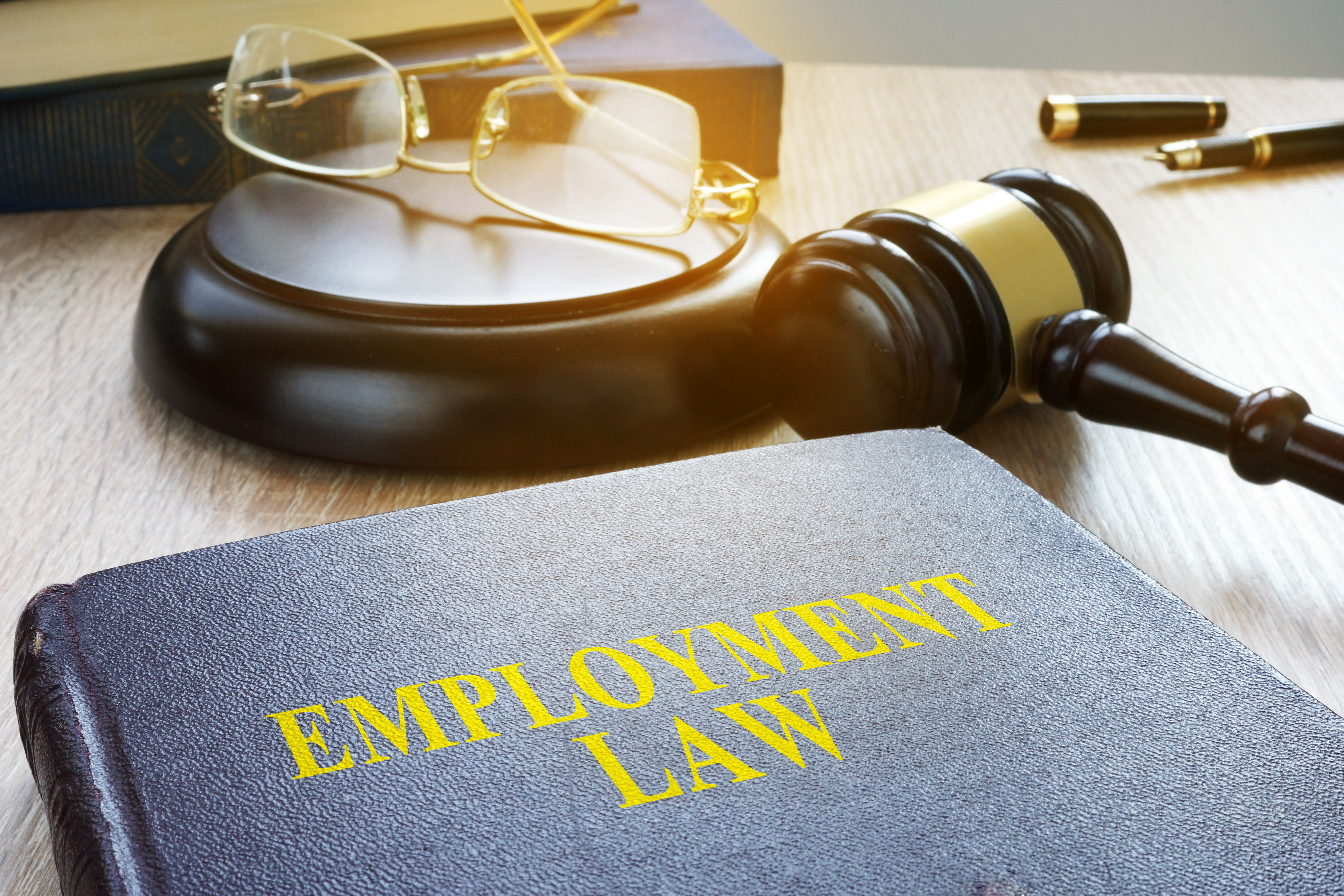We briefly outline below the changes relating to employment that apply on or around 1 July.
Minimum Wage and Award Rates
The National Minimum Wage and the rate in some Awards increases by 1.75 per cent from the first pay period after 1 July. This applies to both the Educational Services (Teachers) Award and the Educational Services (Schools) General Staff Award, as well as to the Children’s Services Award. Awards covering nurses and other health professionals are also affected. This does not affect schools that are paying employees above those rates for their classifications. For more information see the Fair Work Ombudsman site.
For schools that still come under the Western Australian Awards in the state industrial relations system, the WA Industrial Relations Commission issued the 2020 State Wage Case decisions which grants a 1.75 per cent per week increase in WA award rates of pay from the first pay period on or after 1 January 2021. See the Commerce WA website for further information.
Paid Parental Leave Scheme
The Federal Government’s paid parental leave scheme for primary carers, which provides 18 weeks’ paid leave at the national minimum wage, has been amended to provide greater flexibility. Under the amendments, an eligible employee must take the first 12 weeks of parental leave pay (PLP) in one continuous block within 12 months of the child’s birth or adoption, but the remaining 30 working days of PLP can now be taken on any day within 24 months following the birth or adoption. This may cause some issues for schools in payroll arrangements where an employee chooses to exercise that flexibility and so be paid at a different rate (the minimum wage rate) when they take a day or days, of PLP. For further information see the Fair Work Ombudsman site.
Unpaid Pandemic Leave Entitlement Ends
Unpaid pandemic leave applied to the Educational Services (Teachers) Award and the Educational Services (Schools) General Staff Award, under Schedule X, with an end date of 30 June 2020. Staff needed to commence the leave before that date in order to qualify for up to two weeks of unpaid leave. At this point the Fair Work Commission has not extended the entitlement to the two Awards although this may change. See the Fair Work site for further updates.
High Income Threshold – Access to Unfair Dismissal
An employee is not eligible to pursue an unfair dismissal claim if they earn more than the high income threshold (unless they are covered by a modern award or enterprise agreement). The high income threshold went up on the 1st of July to $153,600. The maximum compensation for unfair dismissal is the equivalent of six months pay at the high income threshold, now $76,800. For further information see the Fair Work Commission.
High Income Threshold – Application of Awards
In broad brush terms, if an employee’s classification or industry is covered by an award (in the case of most schools this means being covered by the Educational Services Teachers Award or the Educational Services (Schools) General Staff Award), then the employee is covered by the conditions of that award, unless they are guaranteed (in writing) that their annual pay is in excess of the high income threshold. Employees who are covered by the above two Awards but who receive a guaranteed annual income above $153,600 will not be covered by the Award conditions. Any employee whose classification is covered by an award but is above the high income threshold doesn’t get the benefit of the conditions of that award but they are still able to pursue an unfair dismissal claim. For further information click here.
Victoria - Industrial Manslaughter
From 1 July 2020, the criminal offence of industrial manslaughter applies to negligent conduct by an employer or other duty holders, or an officer of an organisation, that breaches certain duties under the Occupational Health and Safety Act 2004 (Vic) (OHS Act) and causes the death of another person who was owed the duty.
The changes do not create additional duties; they introduce significantly tougher penalties on already existing duties under the OHS Act. The penalties have been increased to 25 years gaol and penalties of $16.5 million for employers. The offence of workplace manslaughter does not apply to a volunteer or an employee, unless the employee is also an officer of an organisation. For schools, officers are defined as:
- a director or secretary of a corporation
- a person:
- who makes, or participates in making, decisions that affect the whole, or a substantial part, of the business; or
- who has the capacity to affect significantly the entity’s financial standing; or
- in accordance with whose instructions or wishes the directors of a corporation are accustomed to act
- a partner in a partnership
- an office holder of an unincorporated association
For more information see WorkSafe Victoria.
WHS Changes in New South Wales
Insurers and those insured (i.e. schools and their officers) in NSW are now prohibited from entering into insurance contracts that indemnify an insured for monetary penalties under the Work Health and Safety Act 2011 (NSW).
The New South Wales Government has also introduced the ‘gross negligence offence’ where it can be demonstrated that a PCBU:
a) without reasonable excuse, engaged in conduct that exposed workers or other persons to a risk of death, serious injury or illness; and
b) engaged in the conduct with gross negligence.
Previously this type of Category 1 offence required reckless conduct (which requires evidence of some foresight of the risk); this extends the offence to cover conduct which is grossly negligent. For further information see Safe Work NSW.
Indexed Penalties
While too numerous to mention, be aware that many penalties and fees under the Fair Work Act and workplace safety laws are indexed and so are likely to have increased on 1 July 2020.
Very best wishes to all for a safe and compliant 20/21



